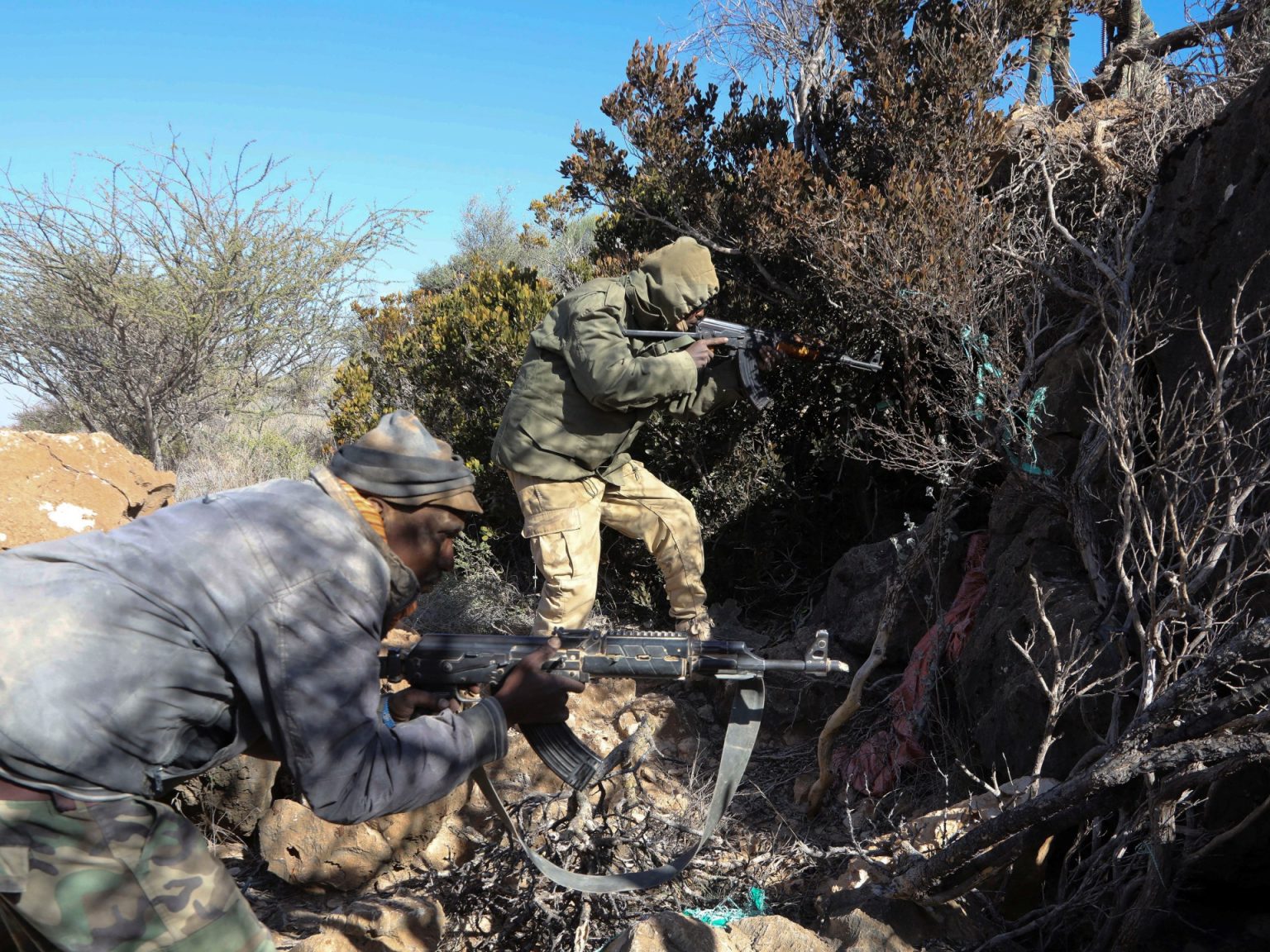The semi-autonomous Puntland region of Somalia announced successful military strikes against the Islamic State of Iraq and the Levant (ISIL, also known as ISIS) in the Golis Mountains, a known hideout for the group. These strikes, confirmed to have been carried out by the United States, targeted key figures within ISIL, significantly disrupting their operations and marking a crucial step in the ongoing counterterrorism efforts in the region. The operation follows a period of intensified activity by Puntland Security Forces (PSF) against ISIL in the area since December. While ISIL’s presence in Somalia is comparatively smaller than the al-Qaeda-affiliated al-Shabab, its growing influence has become a concern for regional stability. These successful strikes aim to curb ISIL’s expansion and dismantle their operational capabilities.
Former US President Donald Trump claimed responsibility for ordering the strikes, emphasizing their precision and effectiveness in targeting ISIL leadership and infrastructure. He highlighted the destruction of ISIL caves and the elimination of numerous terrorists, while asserting the strikes avoided civilian casualties. Trump contrasted his decisive action with what he characterized as the inaction of the Biden administration, claiming his intervention was necessary to address the longstanding threat posed by the targeted ISIL attack planner. This public declaration further politicized the strikes, injecting domestic US politics into the international counterterrorism landscape.
US Defense Secretary Pete Hegseth corroborated the success of the strikes, emphasizing their impact on degrading ISIL’s capacity to plan and execute terrorist attacks that threaten US citizens, partners, and innocent civilians. This statement reinforces the US commitment to combating terrorism globally and highlights the perceived threat posed by ISIL’s activities in Somalia. The strikes are presented as a proactive measure to protect US interests and contribute to regional stability by disrupting ISIL’s operational network.
Somali President Hassan Sheikh Mohamud expressed gratitude for the US support in the fight against terrorism, praising Trump’s leadership and decisive action. This public acknowledgement underscores the collaborative nature of the counterterrorism efforts and the importance of international partnerships in addressing the threat posed by extremist groups like ISIL. Mohamud’s endorsement of Trump’s decision reinforces the narrative of a strong US-Somalia alliance in combating terrorism.
Puntland’s Information Minister, Mohamud Aidid Dirir, confirmed the strikes targeting ISIL bases in the Cal Miskaad Mountains. While the exact casualty count remained uncertain due to the timing of the strikes, the sounds of explosions were reported by frontline forces. This on-the-ground confirmation adds weight to the official statements and provides a local perspective on the impact of the strikes. The difficulty in assessing immediate casualties highlights the challenges of operating in remote and mountainous terrain.
While al-Shabab remains the dominant extremist group in Somalia, ISIL’s activities, funded through extortion, smuggling, and illicit taxation, particularly in coastal areas, pose a growing concern. Despite facing pressure from Somali security forces, US airstrikes, and rivalry with al-Shabab, ISIL continues to operate in both remote and urban areas, actively recruiting and spreading propaganda. Estimated to number in the hundreds, ISIL fighters are primarily concentrated in the Cal Miskaad Mountains, posing a persistent threat to regional stability and requiring ongoing counterterrorism efforts. The recent strikes are a significant blow to ISIL in Somalia but the continuing need for vigilance and further action is acknowledged by all parties involved.

